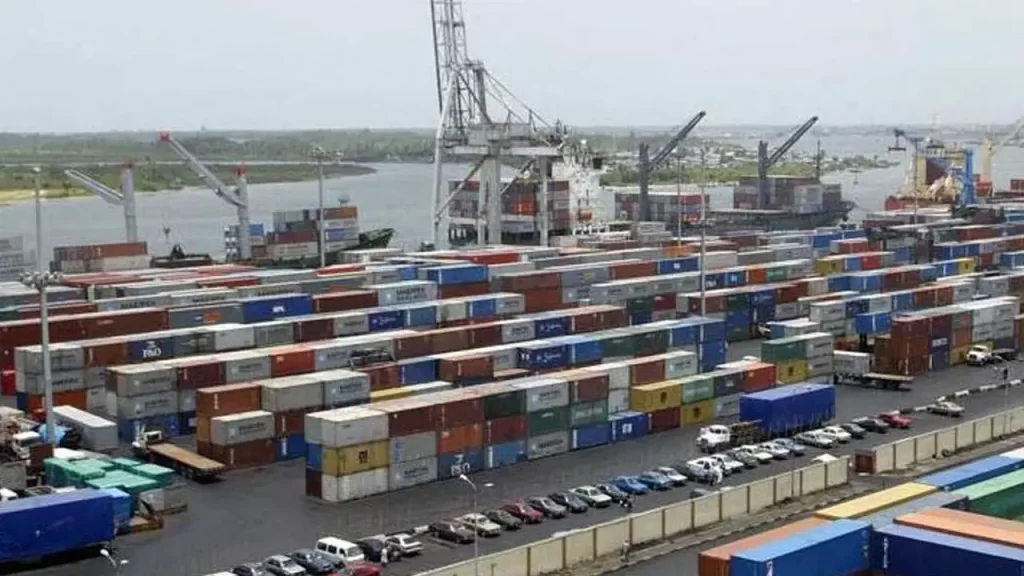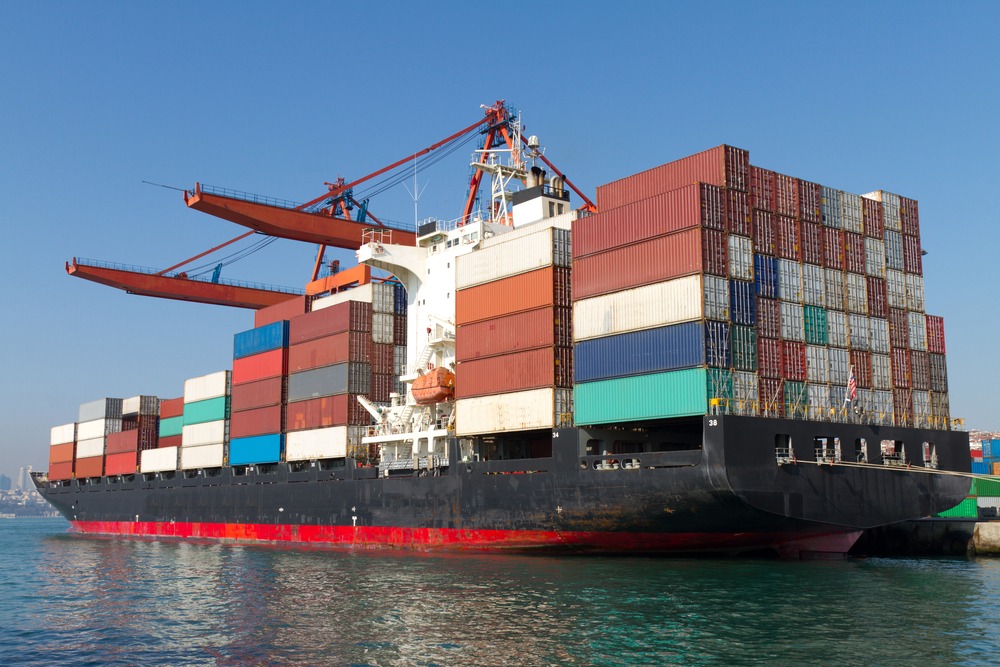AFRICA TRADE EVOLOUTION
Africa’s Trade Evolution: The Surge in Logistics, Import, Export, and the Impact of Mandatory ECTN Certification The Importance of the ECTN Certificate The Electronic Cargo Tracking Note (ECTN) is a mandatory shipping document required by many African countries, including Angola, Benin, Burkina Faso, Burundi, Cameroon, Central African Republic, Chad, Democratic Republic of the Congo, Djibouti, Egypt, Equatorial Guinea, Gabon, Guinea Bissau, Guinea Conakry, Ivory Coast, Republic of Congo, Liberia, Madagascar, Mali, Niger, Senegal, Sierra Leone, Somalia, South Sudan, and Togo. These countries enforce the requirement of an ECTN for cargo clearance at the port of arrival. Failure to present a valid ECTN certificate can result in severe penalties, including fines and delays in the release of goods. In some cases, the cargo might even be returned to its point of origin, resulting in significant financial losses for businesses. What is the ECTN? The ECTN is an official document that provides detailed information about cargo and its movement between ports. It aims to: Obtaining the ECTN Shippers must obtain the ECTN certificate before cargo departure. Failure to present a valid ECTN can result in hefty fines, delays, or even cargo seizure upon arrival at the destination port. Impact on Logistics The implementation of the ECTN has streamlined customs processes, reduced fraud, and enhanced the efficiency of cargo handling in African ports. It represents a significant step towards modernizing the continent’s logistics infrastructure. Conclusion Africa’s logistics, import, and export sectors are on an upward trajectory, fueled by economic growth, infrastructural investments, and technological adoption. The mandatory ECTN certificate plays a crucial role in this landscape, ensuring transparency and efficiency in cargo movements. While challenges remain, the concerted efforts of governments, businesses, and international partners continue to pave the way for a prosperous and interconnected African economy. TNSA as in ECTN EXPERTS Representations expert team which has been dedicated to assisting shippers and freight forwarders with acquiring the ECTN Certificate since 2005. Get in touch with us for a swift and seamless shipping experience.
AFRICA TRADE EVOLOUTION Read More »



